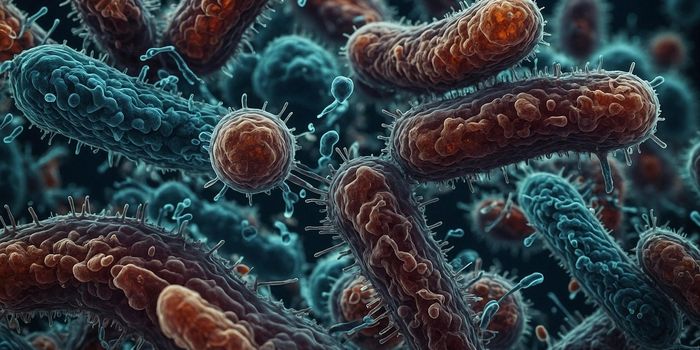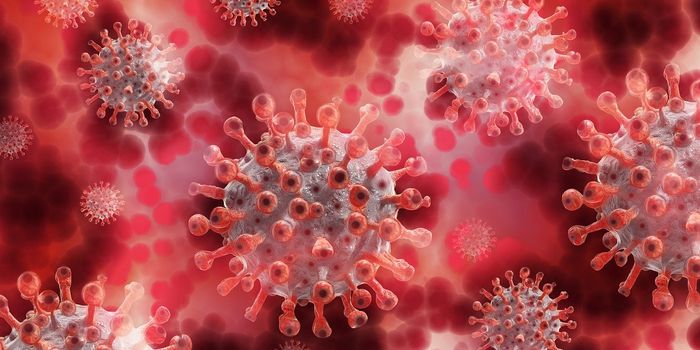In the fight against cancer, immunotherapy is increasingly becoming a promising treatment option since it revolves around helping the body enhance its natural cancer-killing abilities. This week, scientists from the Institut de Recherches Cliniques de Montreal (IRCM) have discovered a new target for antibodies in immunotherapy development.
Natural killer (NK) cells are lymphocytes that specialize in killing cancer cells. However, sometimes the action of NK cells is not enough to prevent the progression of cancer in the body. The group from IRCM looked to identify the mechanism behind the anti-cancer NK cell behavior with the idea of harnessing this action for use in immunotherapies. As described in their recent paper published in the
Journal of Experimental Medicine, they finally discovered how an NK cell surface protein,
DNAM-1, provided the stimulation behind the lymphocyte's cancer-killing tendencies.
DNAM-1 competes with other surface receptors that might impede the cancer-killing action of NK cells. For example, the TIGIT receptor reduces NK cell efficiency.
"When the TIGIT receptor interacts with an infected cell, it prevents its interaction with the DNAM-1 protein, which, as a result, suppresses the function of NK cells and slows the immune system," explained Dr. Andrew Veillette, leader of the IRCM study.
As a cancer immunotherapy target, scientists could harness the action of DNAM-1 in the form of anti-TIGIT antibodies and other receptor blockers to enhance the natural cancer-fighting function of DNAM-1.
"This type of therapy could have a significant impact on the next generation of cancer treatments."
Watch the following video to learn more about different targets in the realm of cancer immunotherapy.
Source:
IRCM









